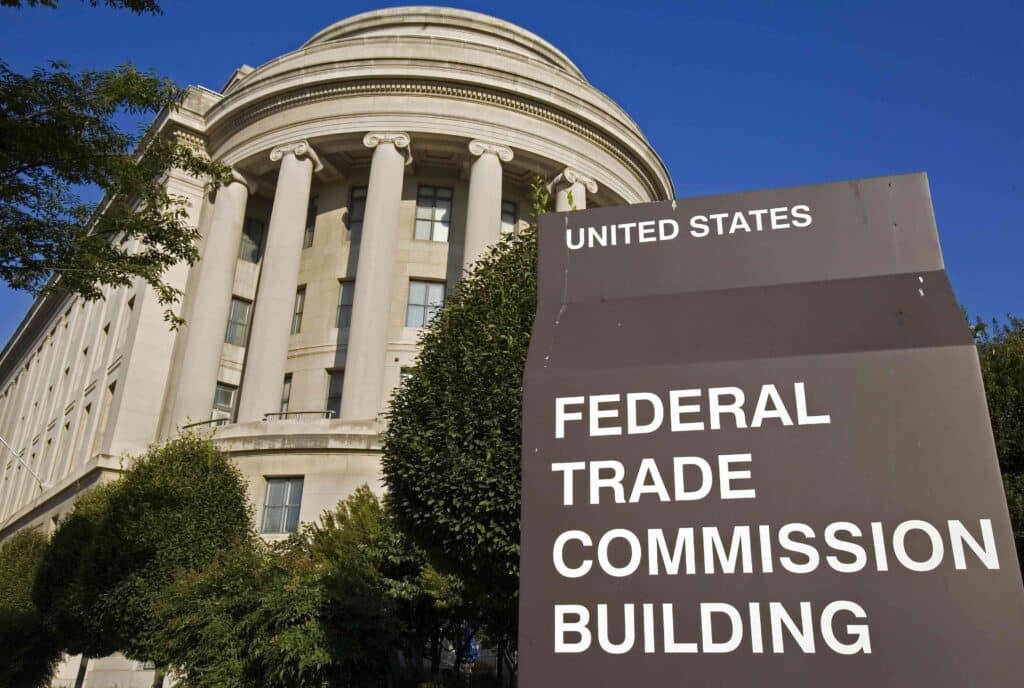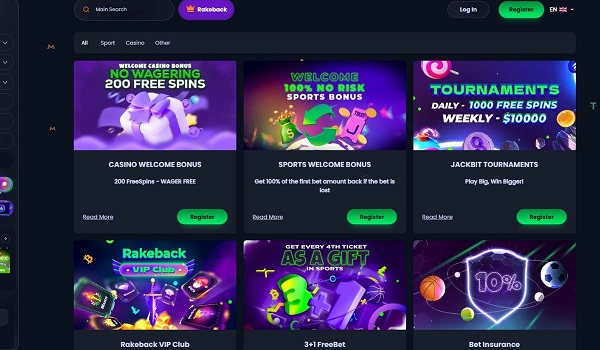Class-Action Lawsuit Alleges Fortnite's Deceptive Practices

Table of Contents
The Core Allegations of the Fortnite Lawsuit
The central claim in this Fortnite lawsuit revolves around Epic Games' alleged deceptive marketing of loot boxes and misleading probability disclosures. The plaintiffs argue that Fortnite's microtransactions, particularly the loot box system, are designed to be psychologically manipulative, encouraging excessive spending beyond what players would reasonably expect.
-
Allegations of manipulative design intended to encourage excessive spending: The lawsuit alleges that the game's design, including the visual appeal of virtual items and the thrill of unpredictable rewards, are intentionally crafted to exploit psychological vulnerabilities. This includes features like limited-time offers and enticing visual cues to encourage impulsive purchases.
-
Claims that loot box odds are not clearly communicated to players: Plaintiffs contend that Epic Games fails to adequately disclose the probabilities of obtaining specific in-game items from loot boxes. This lack of transparency, they argue, makes it difficult for players to make informed decisions about their spending. The lack of clear information about drop rates is a key element of the case.
-
Focus on the targeting of vulnerable demographics, particularly children and adolescents: A significant part of the lawsuit focuses on the alleged targeting of children and adolescents, who are considered particularly vulnerable to these persuasive techniques. The plaintiffs argue that Fortnite's marketing and game design exploit the developmental characteristics of younger players.
-
Evidence presented by the plaintiffs (e.g., expert testimony, player testimonials): The lawsuit includes expert testimony from psychologists and behavioral economists who analyze the game's design and its potential to be addictive. Additionally, player testimonials detailing their personal experiences with excessive spending are also presented as evidence.
The Legal Arguments and Precedents
The legal arguments in the Fortnite lawsuit center on consumer protection laws and the definition of gambling. The plaintiffs argue that Fortnite's loot boxes constitute a form of gambling, due to the element of chance and the potential for financial loss. Epic Games, however, counters that these in-game purchases are purely cosmetic and do not represent gambling.
-
Discussion of relevant consumer protection laws: The lawsuit draws on various consumer protection laws, focusing on those that prohibit deceptive trade practices and unfair business methods. The applicability of these laws to the gaming industry is a key point of contention.
-
Analysis of the legal definitions of gambling and deceptive trade practices: The lawsuit involves a careful analysis of existing legal definitions of gambling and deceptive trade practices, aiming to demonstrate how Fortnite’s loot box system falls under these categories.
-
Comparison to other successful or unsuccessful lawsuits involving similar issues: The plaintiffs and Epic Games cite precedents from similar lawsuits against gaming companies, analyzing the outcomes and legal arguments used in those cases to bolster their own positions. Cases involving other games with loot box mechanics are being closely examined as relevant precedents.
Potential Outcomes of the Fortnite Lawsuit
The potential outcomes of the Fortnite lawsuit are far-reaching. If found liable, Epic Games could face significant financial penalties, including substantial refunds to affected players. The lawsuit could also lead to major changes in Fortnite’s monetization system.
-
Potential for refunds or compensation to affected players: A favorable outcome for the plaintiffs could result in refunds or compensation for players who spent excessive amounts of money on loot boxes.
-
Potential changes to Fortnite's monetization system: The lawsuit might compel Epic Games to significantly alter Fortnite's in-app purchase system, making it more transparent and less exploitative. This could involve changes to loot box mechanics, clearer probability disclosures, or even the complete removal of loot boxes.
-
Impact on the wider gaming industry and future game design: Regardless of the outcome, the Fortnite lawsuit is likely to impact the wider gaming industry, prompting increased scrutiny of in-game purchases and encouraging more ethical design practices.
The Broader Implications for the Gaming Industry
This Fortnite lawsuit has profound implications for the gaming industry's approach to monetization. It raises critical ethical and societal questions surrounding the design and marketing of loot boxes and microtransactions, particularly concerning their impact on children.
-
Increased scrutiny of in-game purchases and loot box mechanics: The lawsuit is likely to lead to increased regulatory scrutiny of in-game purchases and loot box mechanics globally.
-
Potential for regulatory changes regarding loot boxes and gambling in video games: Governments worldwide might consider implementing regulations to address the potential harms associated with loot boxes, potentially classifying them as a form of gambling and subjecting them to stricter regulations.
-
Impact on the design and development of future games: The lawsuit's outcome will likely influence how game developers design and monetize their games in the future, potentially leading to a shift towards more transparent and ethical monetization strategies.
Conclusion
This class-action lawsuit alleging Fortnite's deceptive practices has far-reaching implications for Epic Games and the future of the gaming industry. The allegations highlight a critical need for greater transparency and ethical considerations surrounding in-game purchases and loot boxes. The outcome of this case will undoubtedly set a significant precedent, impacting how developers monetize their games and potentially shaping future regulations in the gaming world.
Call to Action: Stay informed about the progress of this significant Fortnite lawsuit. Understanding the potential implications of this case on deceptive practices in gaming is crucial for all gamers. Continue to follow news and updates on this developing Fortnite lawsuit to protect yourself and your gaming experience.

Featured Posts
-
 Apenas 4 Cursos Superam A Nota Maxima Do Mec No Vale E Regiao Confira A Lista
May 17, 2025
Apenas 4 Cursos Superam A Nota Maxima Do Mec No Vale E Regiao Confira A Lista
May 17, 2025 -
 Frwqat Emryt Kbyrt Drast Halt Elaqt Twm Krwz Wana Dy Armas Almhtmlt
May 17, 2025
Frwqat Emryt Kbyrt Drast Halt Elaqt Twm Krwz Wana Dy Armas Almhtmlt
May 17, 2025 -
 Choosing The Best Crypto Casino In 2025 Jack Bits Advantages
May 17, 2025
Choosing The Best Crypto Casino In 2025 Jack Bits Advantages
May 17, 2025 -
 Ukrainskie Goroda Pod Udarom Rossiya Ispolzuet Bolee 200 Raket I Dronov
May 17, 2025
Ukrainskie Goroda Pod Udarom Rossiya Ispolzuet Bolee 200 Raket I Dronov
May 17, 2025 -
 Andor Showrunner Tony Gilroy Reflects On Star Wars Production
May 17, 2025
Andor Showrunner Tony Gilroy Reflects On Star Wars Production
May 17, 2025
